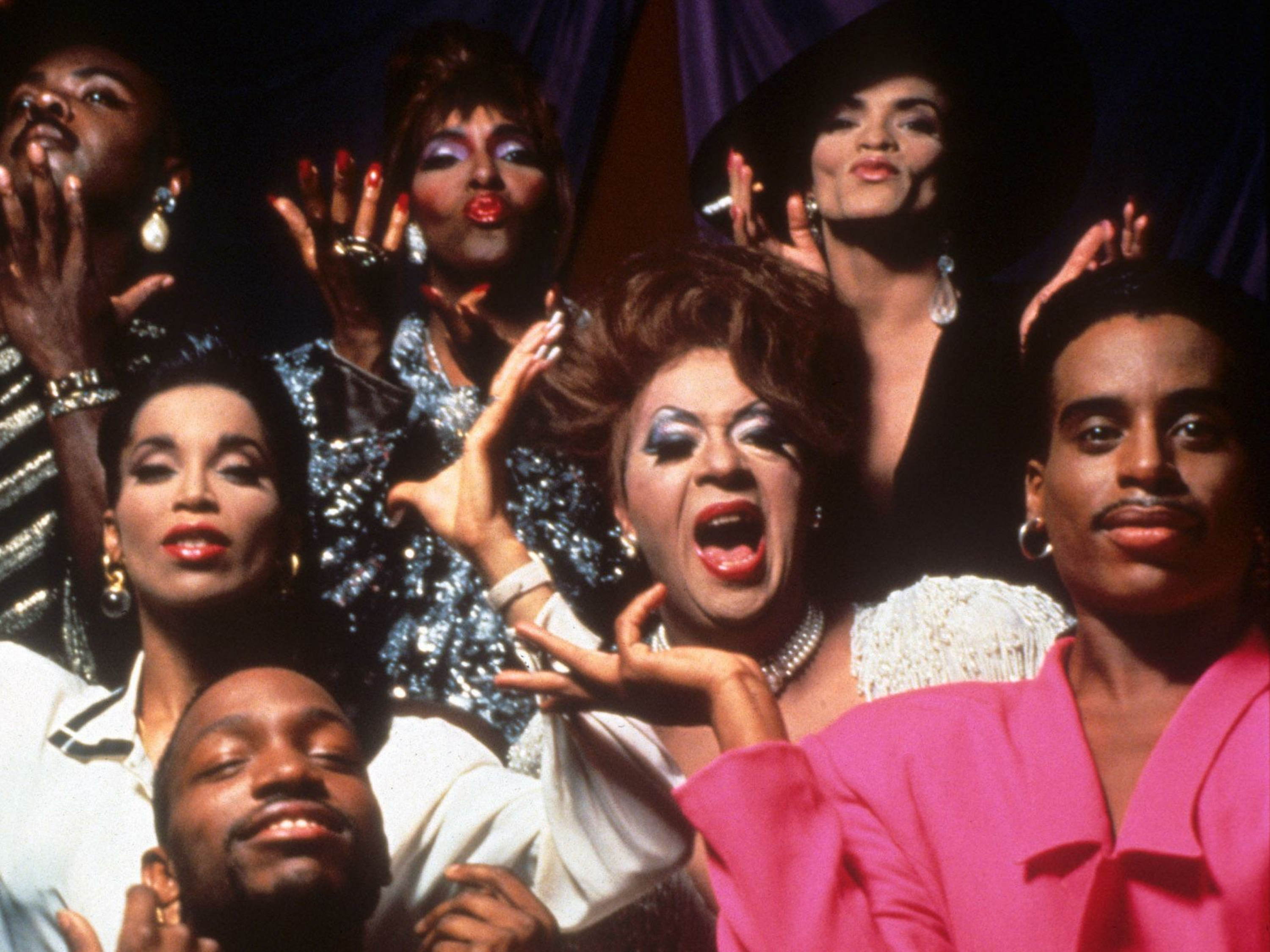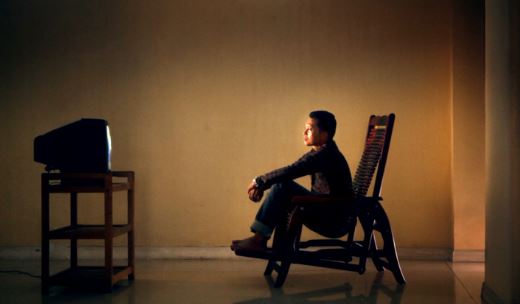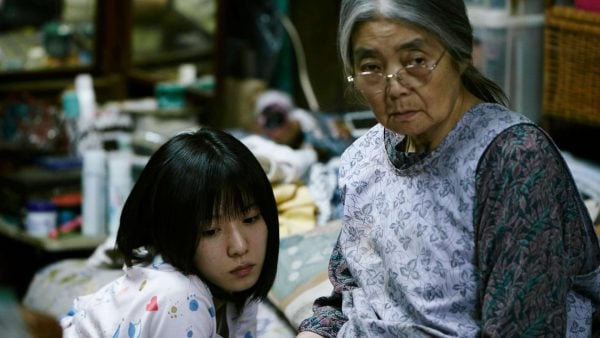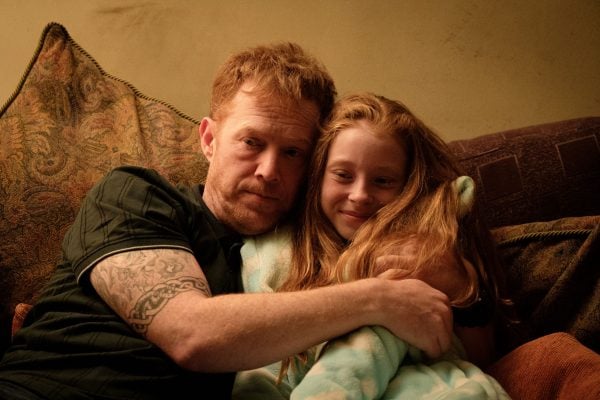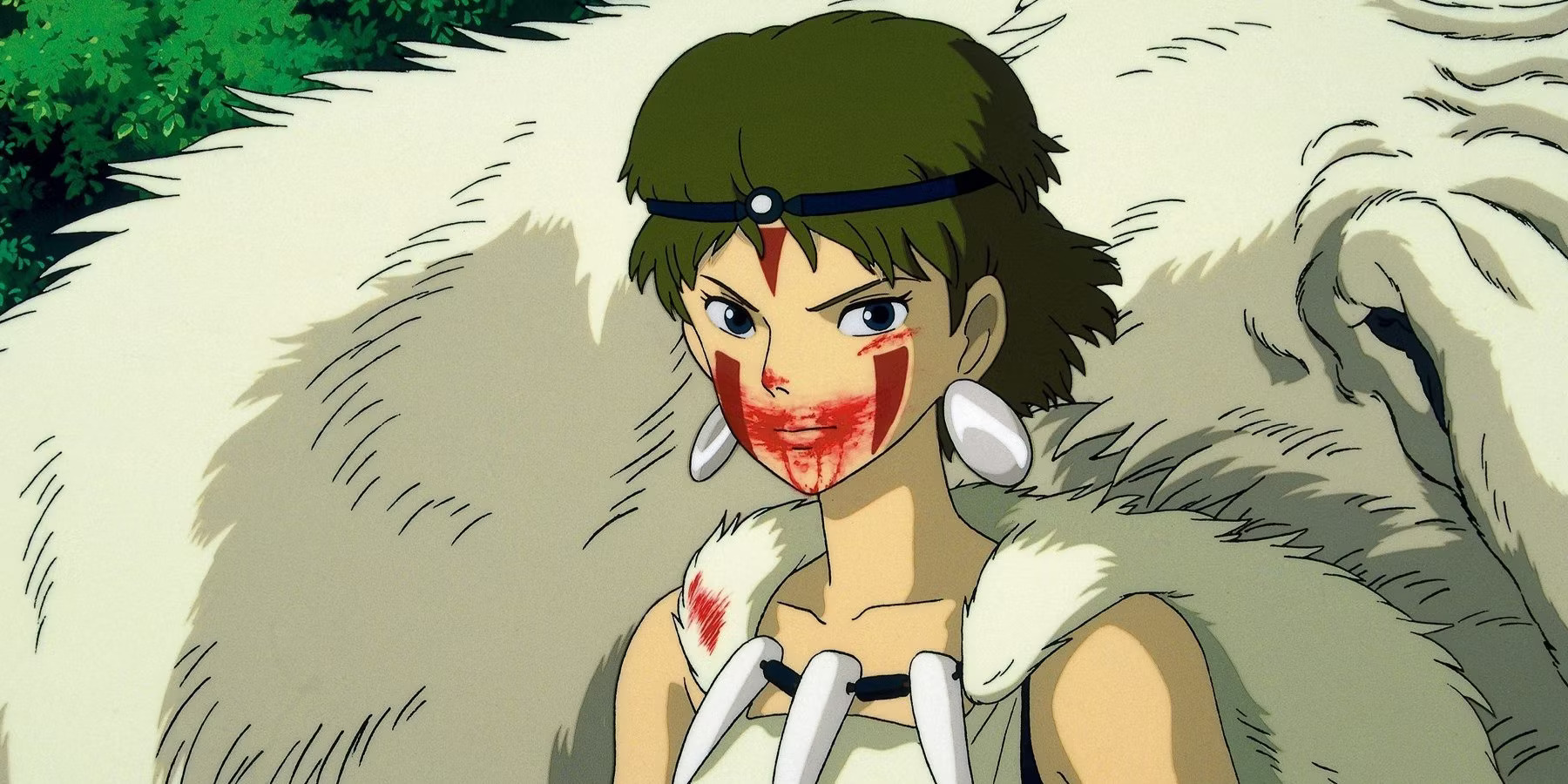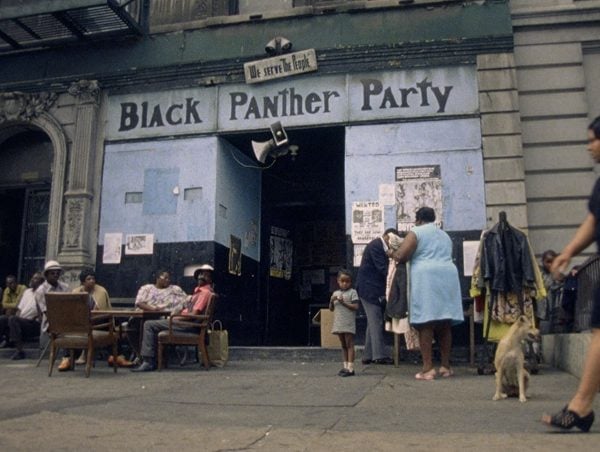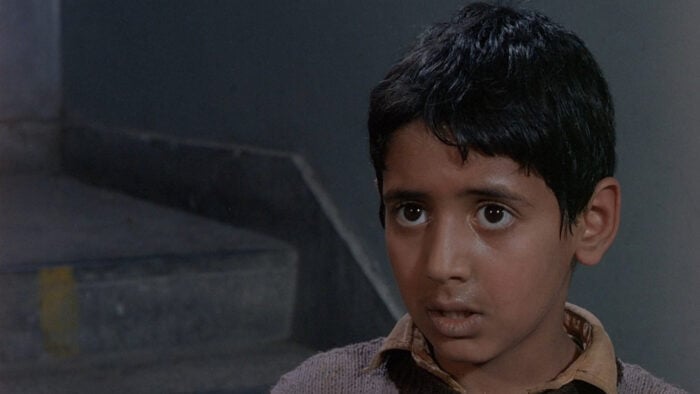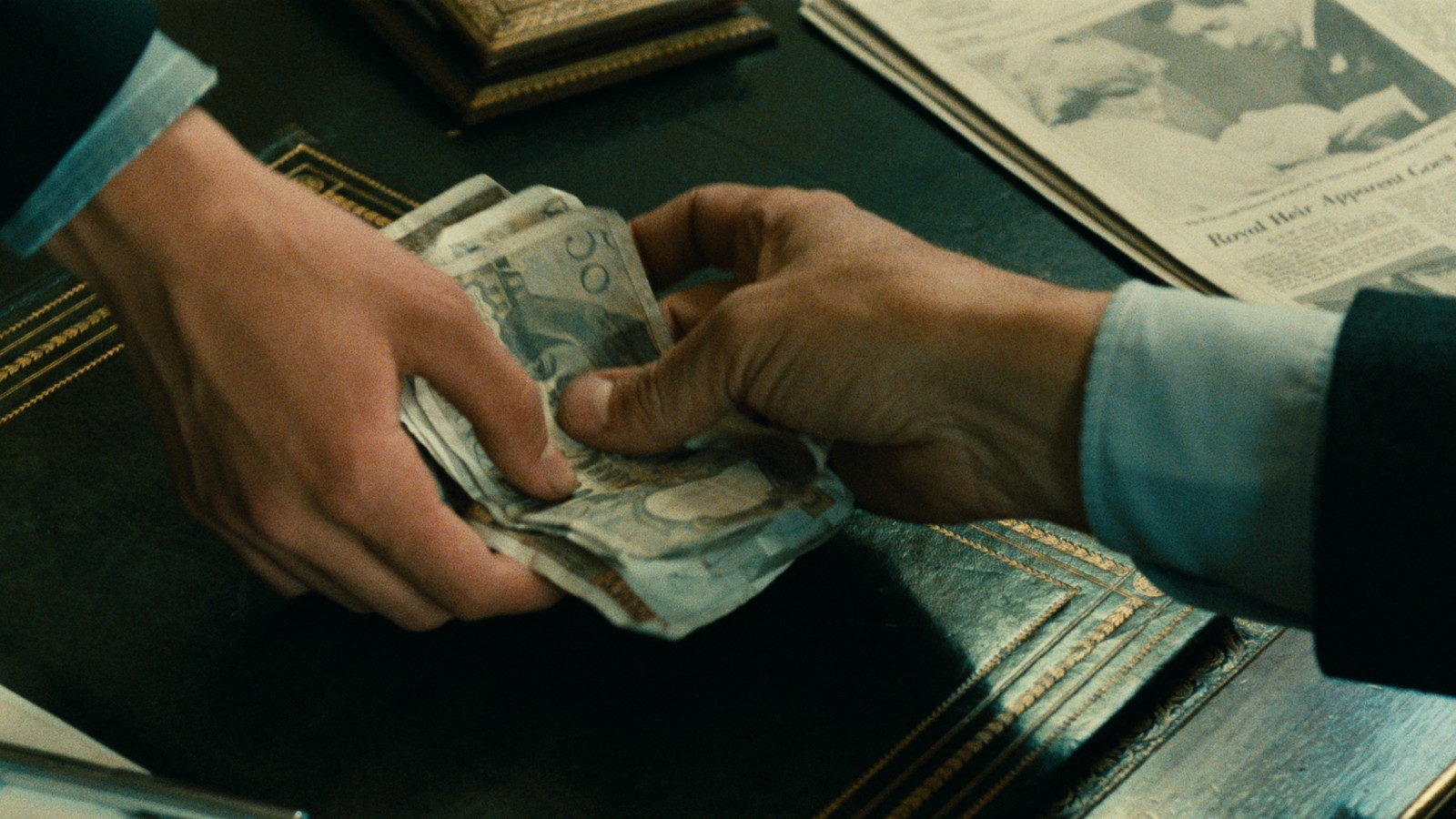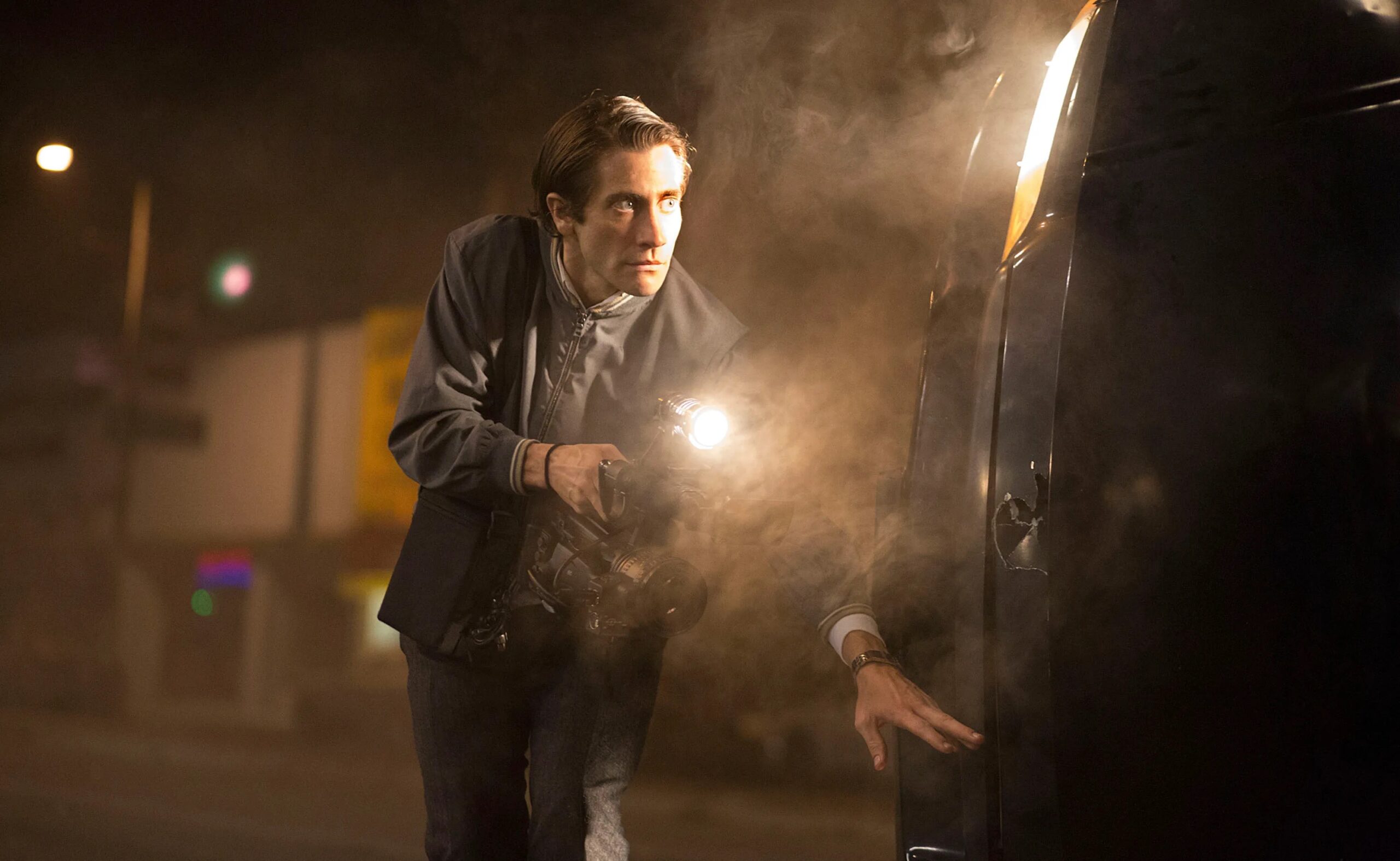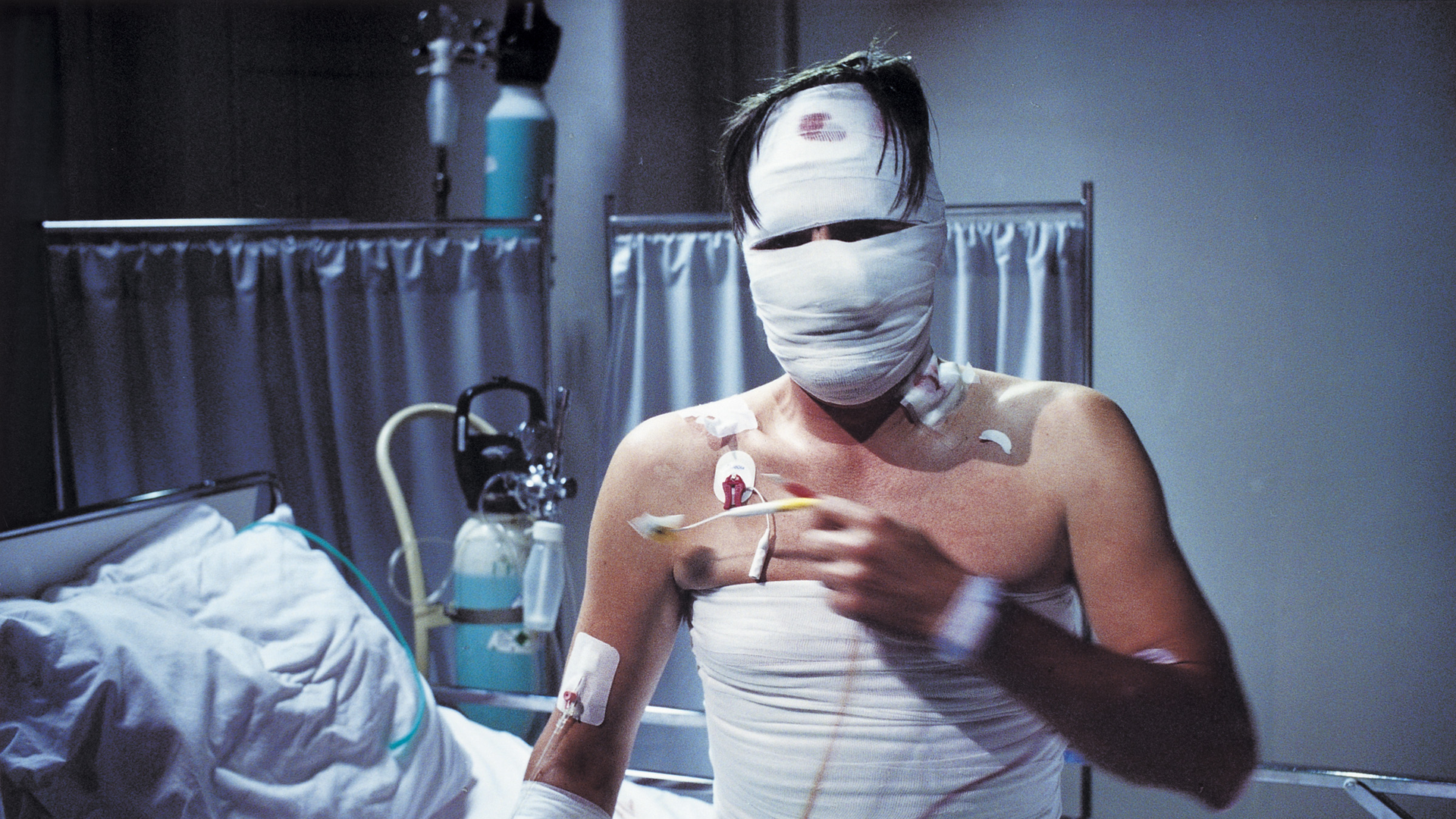
30 Best Anti-Capitalist Movies to Watch
April 8, 2025
Share:
The anti-capitalist movement has been swelling in recent years, especially as more workers realize their worth in an economy that continually denies it to them. The sentiment is so strong now that it’s manifested itself in mainstream media—a phenomenon that arguably reached its peak with the knockout win of Parasite in the 2020 Academy Awards.
There’s been an outpouring of sharp class-conscious content since then, and we’ve gathered the greatest of them in this list. Some are bleak, some are funny, but all are rousing in their social commentaries. Read on to see the best anti-capitalist movies you can watch right now online.
Read also:
1. Paris Is Burning (1991)
Genres
Director
Actors
Moods
Though the drag scene is alive and well today, Paris is Burning is an important reminder that it didn’t always used to be that way. Over the course of seven years, Director Jennie Livingston leads us underneath the crime-ridden streets of 80s New York, where a glittery drag subculture is flourishing, despite all odds. Leading the community are the so-called mothers, the best performers and most fashionable of them all, tasked with inspiring and caring for newcomers. Nevermind that they’re shunned by society and suffocated (sometimes literally) by hateful homophobes and racists; when there is a ball, all that matters is that they strut, dance, and put on the best damn show of their lives. What they do is art, and Livingston makes sure to exalt the craft and pride that goes into it. At the same time, intimate interviews with iconic queens like Pepper LaBeija and Willi Ninja reveal the heartbreaking nature of the community. Most, if not all, have endured some form of abuse, and many risk their lives to earn a decent living. But again, Livingston refuses to reduce them to pure tragedy; she gets them to share their wonderfully big dreams, then gets us to hope along with them that they might just come true.
2. The Look of Silence (2015)
Genres
Director
Actors
Moods
A follow-up/companion piece to the award-winning The Act of Killing, The Look of Silence is another compelling documentary from Director Joshua Oppenheimer. Both films aim attention at the Indonesian Genocide of 1965-66, when the military government systematically purged up to one million communists. While the first film’s focus was on the culprits and on providing facts, the second one lets us meet the victims. One victim in particular: a soft-spoken optician named Adi Rukun, who meets with various members of the death squad who murdered his elder brother Ramli, under the guise of giving them an eye test. As he questions them about the killings, the murderers, again, show little remorse and eagerly provide the lurid details to the many executions. It’s a stunning and provocative look at the legacy of historical mass killings, along with the insidious propaganda that provokes them, and continues to justify them to younger generations. A testament to the power of cinema to remember the forgotten.
3. Shoplifters (2018)
Genres
Director
Actors
Moods
The title of this 2018 Palme D’or winner is not to be taken metaphorically: Shoplifters is about a marginalized family of day workers, crooks, and small-time outlaws, who live on the fringes of Japanese society. Osamu (Lily Franky) and Nobuyo (Sakura Andô) both have jobs but spruce up their low-wage income by committing petty crimes. One day in winter, Osamu takes in a bruised girl he finds outside in the cold and introduces her to the family in his ramshackle house. But when the second-youngest member of the family, Shota (Kairi Jyo), finds himself teaching her how to shoplift, he faces a moral dilemma that threatens to unravel the family’s fabric. If you were hitherto unfamiliar with the unique storytelling and social realism of Hirokazu Koreeda, we really recommend checking it out—as well as his other movies, namely, Still Walking, Like Father, Like Son, I Wish, and After the Storm. His 2018 outing features the last ever performance of Kirin Kiki, who plays the elderly matriarch and passed away that same year. Like many of Koreeda’s works, Shoplifters is an understated, beautiful, and mysterious study of the effects of poverty and trauma and a delicate portrait of a family in Japan’s urban underbelly.
4. Sorry We Missed You (2020)
Genres
Director
Actors
The British social-critical director of I, Daniel Blake and The Wind That Shakes the Barley, Ken Loach, delivers another scathing indictment of our economic system, the slashing of worker protection, and the gig economy. While these are indeed the themes of this affecting drama, Loach always makes it about the people. In this case, a struggling family man who tries to turn his life around by working in package delivery. Gig economy workers are usually freelancers who own their trucks and are made fully responsible for packages until they reach their respective recipients. From peeing in a bottle to save time to seamless monitoring by an overlord hand-held device, Sorry We Missed You manages to capture the indignity and gives you an intimate introduction to the human cost of having everything delivered to your doorstep at a moment’s notice. Thanks to Loach’s use of amateur actors, it has a raw and real feel to it without being melodramatic. Sorry We Missed You makes sure that the habitually unseen take center stage.
5. Princess Mononoke (Mononoke-hime) (1999)
Genres
Director
Actors
Moods
From the legendary Hayao Miyazaki, and courtesy of Studio Ghibli, which also brought you Spirited Away, comes this epic whirlwind of a story. Set during a fantastical late Muromachi period, the medieval era of Japan, in a time when many humans were still living among nature, while others set out to conquer and tame it, the movie follows a young man named Ashitaka, who he seeks cure for the curse of a boar god, giving him superhuman powers but eventually killing him. He rides west on a fantastic beast, where he eventually sees a young woman named San, also known as Princess Mononoke. What unfolds from here, is an epic tale of mythical war on many fronts, between the nature gods and humans. While this may sound like a dichotomy, it never is that morally simplistic. The story is action-packed and fast-paced, drawing freely from Japanese mythology as well as modern hot-topic political issues. Add to this the fantastic visuals: Hayao Miyazaki uses a mixture of hand drawings and 3D rendering that are nothing short of spectacular. In short, Princess Mononoke is movie history. If you haven’t seen it yet, do it now.
6. The Act of Killing (2012)
Genres
Director
Actors
Moods
Joshua Oppenheimer’s daring feat is a documentary unlike anything ever done. Despite it being one of the most difficult things to watch for any human being (or because of it), The Act of Killing received praise across the board, including an Academy Award nomination. Without Oppenheimer’s efforts, you might have never heard of the unspeakable events that happened when, in 1965-66, Suharto overthrew the then-president of Indonesia and a gangster-led death squad killed almost a million people. Did they pay for their crimes? Quite the contrary: said gangsters went on becoming political mainstays in modern-day Indonesia, are still now heralded as heroes, and admit to all these crimes with a smile and not a hint of regret. The gruesome twist of this documentary is that Oppenheimer asks them to re-enact the killings in surreal, sadistic snuff movies inspired by the murderer’s favorite action movies. You are forced to stand idly by as they re-create brutal mass murder and joke about raping a 14-year-old. However, somewhere amidst this terrifying farce, the killers, too, have fleeting moments of realization that what they’re doing is wrong. If you make it through this in one piece, try watching its more victim-focused follow-up The Look of Silence. Bone-chilling but very powerful stuff.
7. The Black Power Mixtape 1967-1975 (2011)
Genres
Director
Actors
Moods
Between 1967-1975, a group of Swedish filmmakers traveled to America to document the Black Power movement. The resulting archival footage of Black activists and intellectuals, including Bobby Seale, Huey P. Newton, Eldridge Cleaver, and the amazing Angela Davis, was hidden in an archive until it was unearthed and woven together by Göran Olsson, a Swedish director. Angela Davis also supplies some contemporary voice commentary alongside many others, such as Erykah Badu, Harry Belafonte, and The Roots drummer and rap culture’s No. 1 record keeper Questlove, who also co-scored the film. This adds to the mixtape feel of the film as does the raw and unfiltered piecing together of the historic footage, giving the viewer an authentic impression of the movement and the struggles of the time. Being Swedish, the filmmakers dared to go where American mainstream TV might have never gone.
8. Children of Heaven (1997)
Genres
Director
Actors
Moods
After third-grader Ali loses the only pair of shoes his sister Zahra owns, the siblings agree to share Ali’s sneakers for school. Zahra uses the tattered, ill-fitting footwear in the morning, and in the afternoon, she hands them over to Ali, who then races to get into school in time. The siblings wait for things to get better at home before they mention anything to their already-burdened parents, but in the meantime, they persevere, scooping up every bit of silver lining they find, whether it’s popping soap bubbles or taking in the city’s ultramodern sights.
In this way, Children of Heaven is neither cynical nor cheesy. It presents the harsh reality of Tehran’s poor without robbing them of hope and agency, giving the movie the right amount of self-aware and feel-good that elevates it into a classic. Thanks to this masterful balance, plus many awe-inspiring shots and lines, it should come as no surprise that Children of Heaven is the first Iranian film to be nominated for Best Foreign Language Feature at the Oscars.
Read also:
9. L’Argent (1983)
Genres
Director
Actors
Moods
With his final film, octogenarian master filmmaker Robert Bresson found the violent, chilling truth in that old cliché, “money is the root of all evil.” L’Argent extends the simplicity of its title (literally, “Money”) into the fabric of the film, using an extremely bare style to track the devastating domino effect that a childish ruse has on one man’s life. When a shopkeeper realizes two schoolboys swindled him out of 500 francs with a counterfeit note, he decides to pass the problem on by paying delivery man Yvon (Christian Patey) with the false note. But when Yvon tries to pay for his lunch with the money, the police are called and his life unravels.
This is just the start of L’Argent’s clinical exploration of the meanness and littleness of man’s greedy spirit. Yvon’s downfall is chronicled with matter-of-fact coldness: everything onscreen is minimal, from the precise cinematography and frugal editing to the non-professional actors’ expressionlessness. This detached style encourages us to absorb all the bitter emotion of the story, which feels — in such an economical format as this — like a moral tale as old as time, but no less cutting.
10. Nightcrawler (2014)
Genres
Director
Actors
Moods
The film stars Jake Gyllenhaal as Lou Bloom, an impromptu freelance videographer who begins covering the crime world in LA for a local TV station. Almost as dark as a mystery can get, it is disturbing, and plays out as a combination of “Drive” and “The Network”. The film is visually stunning as well as immensely suspenseful. It then becomes almost impossible to look away, even when you’re the most horrified by just how far Bloom is willing to go to reach success. Gyllenhaal’s performance is widely compared to that of Robert De Niro in Taxi Driver, which should give you an idea of its caliber.
Comments
Add a comment
Ready to cut the cord?
Here are the 12 cheapest Live TV streaming services for cord-cutting.
More lists
Lists on how to save money by cutting the cord.
Curated by humans, not algorithms.
© 2025 A Good Movie to Watch. Altona Studio, LLC, all rights reserved.
